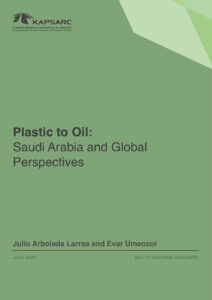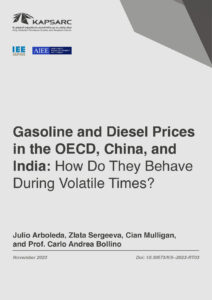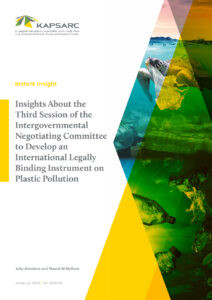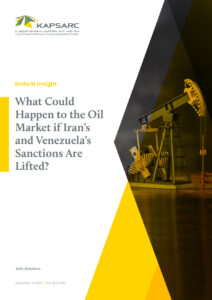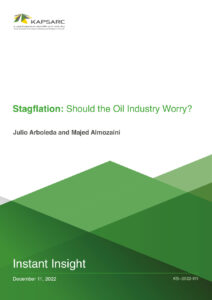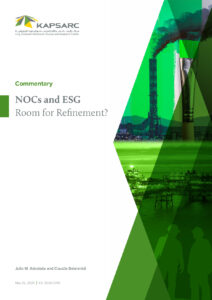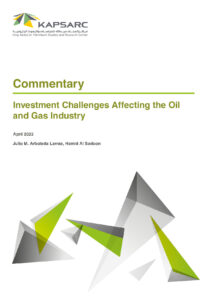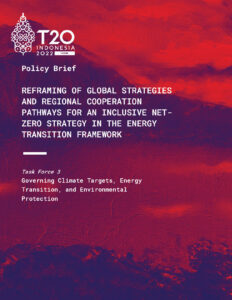Julio is an economist and civil engineer with over 20 years of experience in the energy field. His experience includes energy policy and data analysis for international organizations, governmental advisory services, and the construction of energy projects. Julio also has a passion for sustainable energy and project management, both supported by his postgraduate studies. Before joining KAPSARC, Julio worked as a senior energy consultant within different organizations. For over seven years, during his position as energy policy analyst at OPEC, he was one of the major contributors to the OPEC World Oil Outlook (WOO). His experience in both the governmental and private sectors, in the field and office, allows him to understand the dynamics of the energy sector.
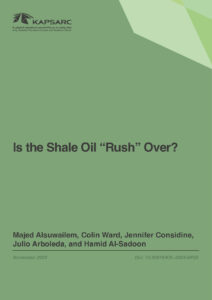
Is the Shale Oil Rush Over?
The California Gold Rush was a time of exuberance and technological development in the mining sector and exhibits significant parallels with shale development that are worth exploring. The easy wins of the pioneers gave way to larger organizations with better funding and technology, squeezing out smaller players as shale development became a contest of efficiency and diminishing returns.
20th November 2023
